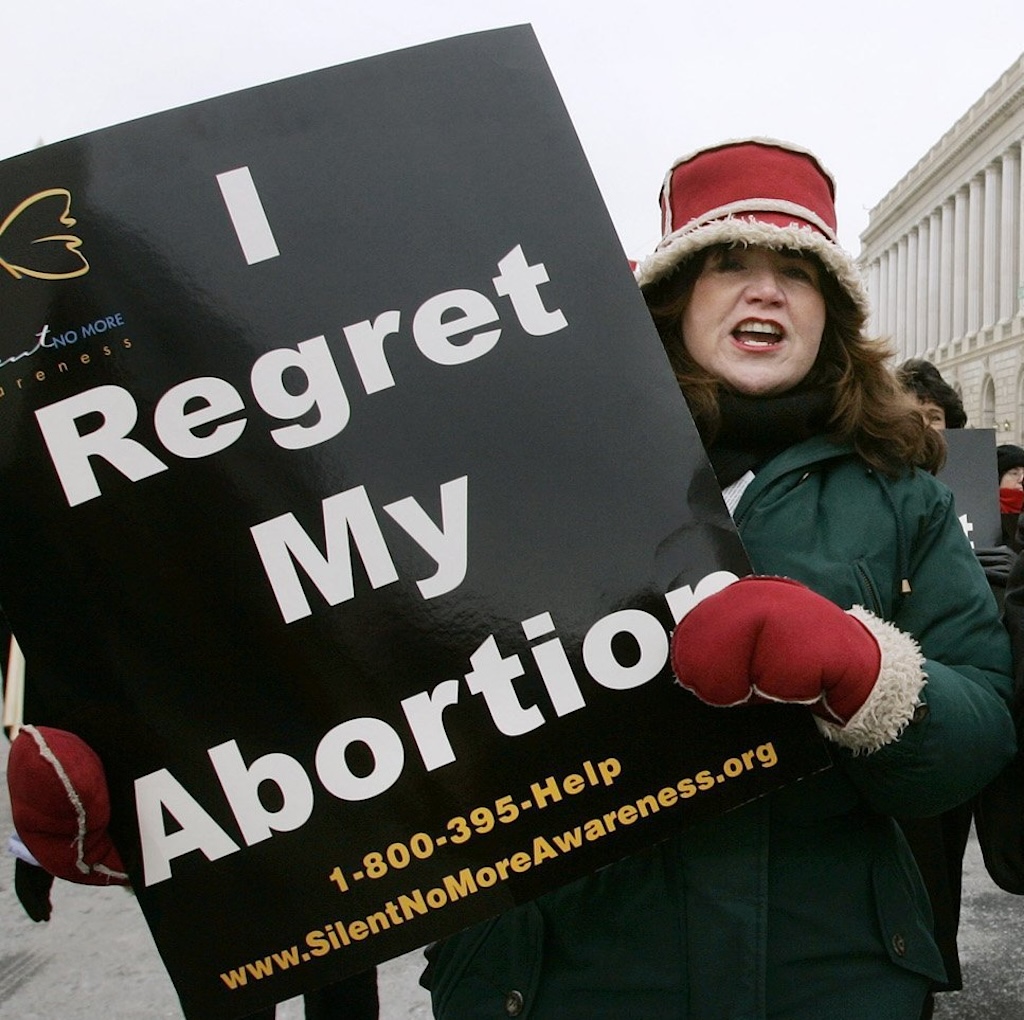(OSV News) — While the Supreme Court has delayed consideration on a pair of cases that may allow sidewalk protesters at abortion clinics to get as close as 8 feet away from women entering them, another legal skirmish about sidewalk access has been settled in Minnesota.
On Dec. 18 in U.S. District Court, the city of Minneapolis agreed to a settlement with the St. Paul-based Pro-Life Action Ministries which included amending a city speech ordinance that kept clinic protesters off a sidewalk that crosses the driveway to the city’s lone Planned Parenthood clinic.
The Minneapolis City Council approved the amendment Dec. 10. It gives an exemption to groups engaged in “conduct protected by the United States Constitution, the Minnesota Constitution, or federal or Minnesota law.”
The ordinance, enacted in November 2022, had prohibited protesters and sidewalk counselors from being on that sidewalk.
Lawyers for the Thomas More Society, the Chicago-based public-interest law firm that sued the city in April 2023, said they were “incredibly pleased.”
“Minneapolis thought it could get away with targeting pro-life speech by creating an unconstitutional, content-based, no-speech zone — crafted exclusively for the purpose of hamstringing pro-life sidewalk counseling efforts outside of the city’s Planned Parenthood abortion facility,” Peter Breen, the firm’s head of litigation, said in a statement.
As for the Supreme Court, it could make a decision on accepting the “bubble zone” cases, which have been relisted three times, at the court’s next conference on Jan. 10. An eventual ruling would affect protest restrictions nationwide.
In Turco v. City of Englewood, New Jersey, and Coalition Life v. City of Carbondale, Illinois, lawyers for Jeryl Turco, a Catholic sidewalk counselor, and Coalition Life are asking the justices to overturn the court’s 2000 decision in Hill v. Colorado, in which the court upheld a state law making it unlawful for any person within 100 feet of an abortion clinic entrance to “knowingly approach” within eight feet of another person without that person’s consent, in order to do sidewalk counseling.
The St. Louis-based nonprofit Coalition Life, which specializes in sidewalk interventions, has objected to a law, which has since been repealed, restricting protests outside three abortion clinics in Carbondale. It is represented by the Thomas More Society. Turco is represented by the Washington-based American Center for Law & Justice.
The law “does not even make sense on its own terms, as distancing protesters from their intended audience undoubtedly will just necessitate already aggressive and vociferous protesters to raise the volume,” Thomas More lawyers said in the filing.
But equally important, the filing states, the law “displays a willful ignorance of the type and nature of communication” in which the petitioners “seek to engage, which is not ‘demonstrating,’ but rather trying to forge an intimate connection with a woman at one of the most difficult moments of life.”
“What sidewalk counselors have found,” the filing continues, “is that, with the right approach, some women who believe that they have no option but to abort may seem like ‘unwilling listeners’ at first blush but may, in fact, be open to hearing more.”
The filing argues that the 8-foot limit prevents Coalition Life counselors from making eye contact: “Coalition Life’s sidewalk counselors attempt to talk to people outside of abortion facilities and offer information about alternatives to abortion. The counselors get as close as possible to people in order to make eye contact and speak from a normal conversational distance in a friendly and gentle manner.”
The Turco filing says she “has been sidewalk counseling outside (Metropolitan Medical Associates) for over 15 years. In addition, “she … has invited some women to a pregnancy care center across the street.”
In 2014, Englewood adopted a “bubble zone” ordinance making it illegal for protesters to “knowingly enter or remain on a public way or sidewalk adjacent to a health care facility or transitional facility within a radius of eight feet of any portion of an entrance, exit or driveway of such facility.”
Carbondale adopted its ordinance in 2022, but its city council repealed the buffer zone language just 18 months later. The zones there were also 8 feet, but focused on the distances between people, not from clinic entrances.
Carbondale is in the southwestern corner of Illinois, and following abortion bans in Tennessee, Arkansas, and Missouri, it’s the nearest place for women from those states to seek abortions.

